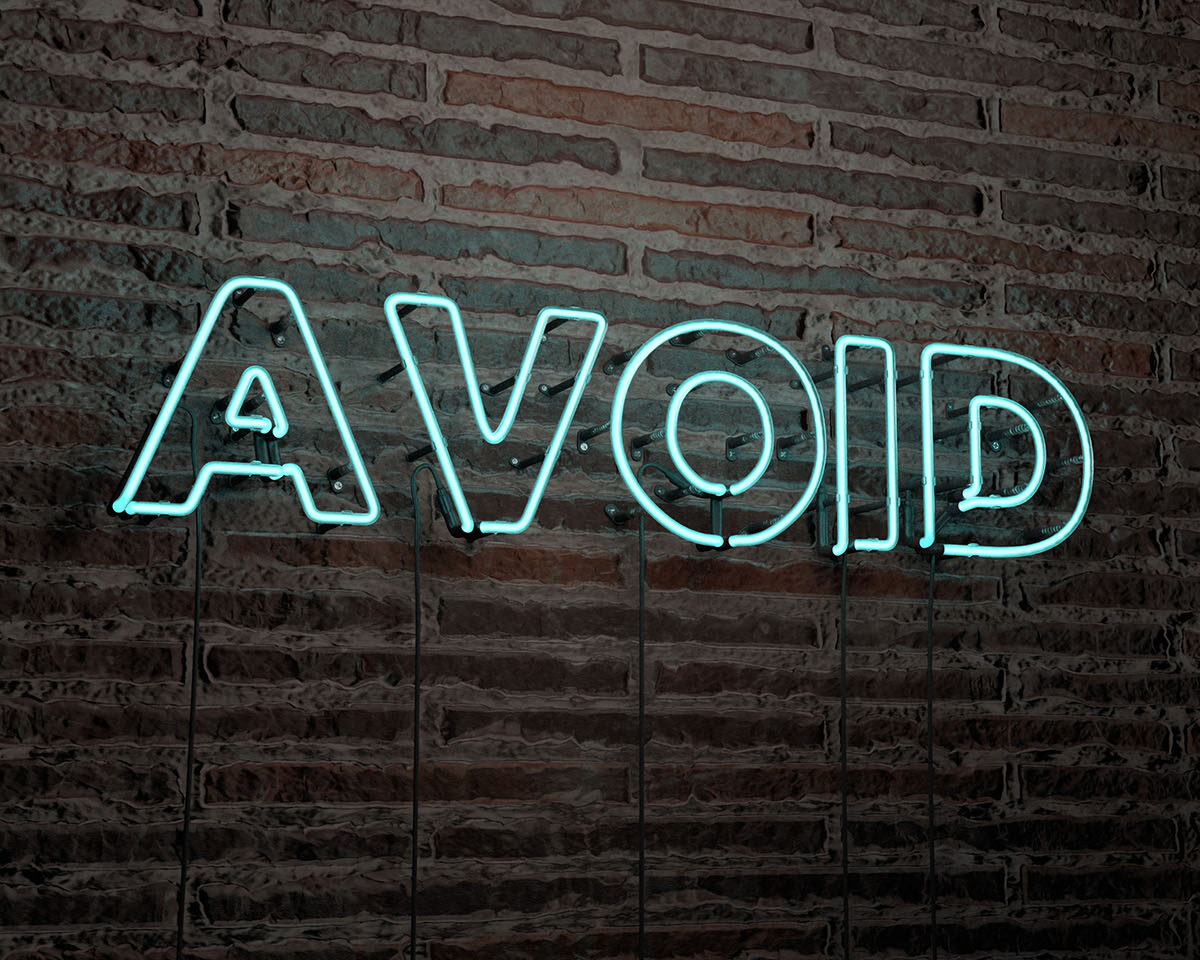(Even If You Don’t Think You Can)
A few years ago, someone listened to my podcast, “Become More Productive by Reengineering Your Morning Ritual.” They wrote to me and said, “I really would like to be a morning person. Do you have any advice for becoming one? Is that even possible?”
First of all, yes. It is possible. This is not like trying to become a professional basketball player if you are only 5'6″ tall. This is more like trying to change a belief system and a set of habits. You can do it if you are intentional.
Why would you want to do this? The reasons are pretty compelling. “Morning people” tend to:
- Make more money.
- Be more productive.
- Be healthier and live longer.
- Be more happy and satisfied in their lives.
But how do you actually become a morning person if you aren’t one now? Here are nine steps you can take starting today:
- Change your story. So many people say, “I’m not a morning person,” as though it were an immutable fact. Could it be that there is no biological evidence for this? What if you discovered that this was merely a preference and years of practice? What would happen if you changed the story and began telling yourself, “I am a morning person.” Usually, we adjust our behavior to fit our story.
- Determine what’s at stake. Whenever I want to change anything in my life or accomplish a significant goal, I start by articulating to myself why it is important. Write down on a sheet of paper what becoming a morning person would make possible. Then, conversely, write down what is at risk if you don’t. This is great to do when you are motivated; however, its real value is to keep you going when you’ve lost that first blush of enthusiasm.
-
Plan your sleep. Like changing any other habit, you have to set yourself up for success. You probably can’t keep going to bed at the same time you are now and get by on less sleep. Your body will resist. Instead, if you know you need seven hours of sleep, and you know you’d like to get up at 5:00 a.m., calculate backwards to determine what time you must be asleep.
-
Use an alarm. After years of waking up early, this has become an ingrained habit for me. I wake up at 5:00 a.m. without an alarm. It is amazing how consistent this is—sometimes when I don’t want it to be. But if you haven’t been a morning person until now, you will likely need to use an alarm. It’s part of training yourself mentally and physically. Whether you use the alarm on your smart phone or a dedicated one, put it on the other side of the room—so you have to get up to turn it off.
-
Turn on all the lights. The environment provides subtle clues to your body, so it knows how to respond. When it gets dark, your body naturally begins preparing itself for sleep (unless you have conditioned it otherwise). When it gets light, you naturally begin waking up. If you want to jumpstart this process and signal to your body that it is time to get up, simulate full daylight. Turn on all the lights in the room.
-
Set out your clothes. If you are groggy when you get up, the fewer decisions you need to make the better. So, make the decision about what to wear the night before. If you get dressed immediately, it is also less likely that you will take off your clothes and get back into your bed. Since I exercise in the morning, I put out my workout clothes the night before, including my shoes. Then in the morning I just put them on and lace them up!
-
Drink a cup of coffee. At various times, I have eliminated coffee from my diet. However, after considerable research, I’m convinced it is beneficial in moderation. (Here’s a great summary of recent findings.) Regardless, it is definitely beneficial for me first thing in the morning. I use a Cuisinart SS-700 to brew mine.
-
Enlist an accountability partner. Whether it is a mentor or a peer, find someone who understands the value of accountability. Explain your goal, tell him or her why it is important to you, and then give them permission to hold your feet to the fire. When I was in college, a friend and I wanted to get up early to study for a class. So we called one another at 5:00 a.m. to make sure the other was awake. We did pretty well in the class too.
-
Commit to twenty-one days. I recommend you become a morning person for three weeks and then decide whether or not this will become a permanent part of your life. Research says it usually takes longer than this to form a habit, but three weeks should give you enough to go on. If not, you at least gave it a try. If so, you now have a new habit that can serve you well for the rest of your life.
To be honest, the real issue here is not becoming a morning person per se. What I really want to communicate is you have more power than you think.
You don’t have to be stuck in a rut. If you are intentional, you can build the habits necessary to accomplish your goals—even if it means becoming a morning person.
Disclosure of Material Connection: Some of the links in the post above are “affiliate links.” This means if you click on the link and purchase the item, we will receive an affiliate commission. Regardless, we only recommend products or services we use and believe will add value to our readers. We are disclosing this in accordance with the Federal Trade Commission’s 16 CFR, Part 255: “Guides Concerning the Use of Endorsements and Testimonials in Advertising.









